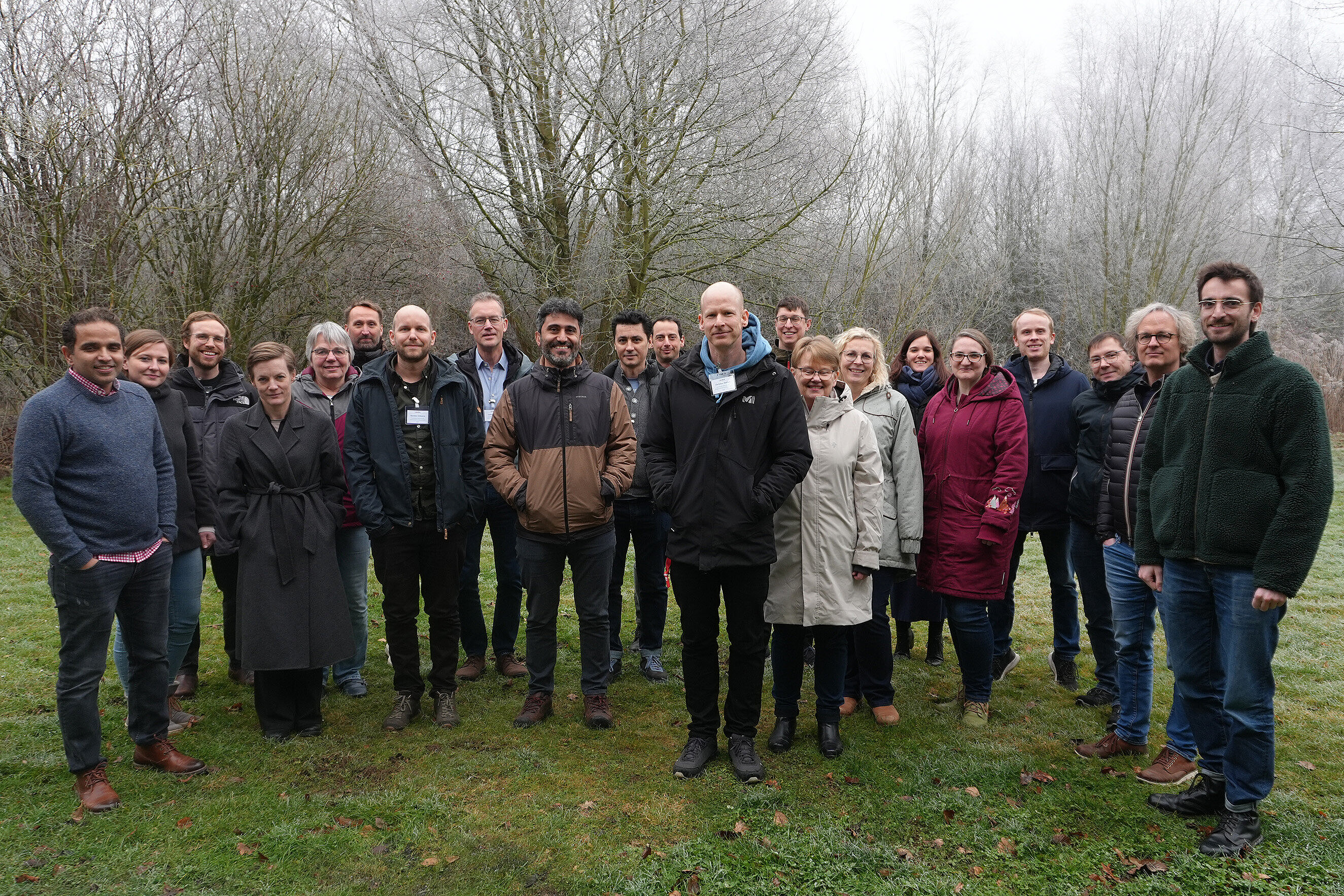An Interdisciplinary Approach to Global Challenges
As Germany's largest scientific organization, the Helmholtz Association encompasses six health research centers with approximately 10,000 employees. Its researchers develop strategies for early disease detection and risk assessment across various conditions, including infectious diseases, cancer, metabolic disorders, and neurodegenerative diseases. The newly established task force unites experts from all six Helmholtz Health centers and the German National Cohort (NAKO) to propel prevention research.
“By bringing together top experts across disciplines, we can transform prevention into a powerful tool for better health worldwide,” says Prof. Matthias Tschöp, CEO at Helmholtz Munich, who helped to initiate the task force as former Helmholtz Health Vice President. “Our goal is to move beyond treatment and fundamentally rethink how we predict, prevent, and mitigate disease before it occurs.” Prof. Fabian Leendertz, Director of the Helmholtz Institute for One Health (HIOH), emphasizes the important role of prevention for global health, “The recent past has shown us in no uncertain terms that we need to do a much better job of prevention. We cannot afford to be as unprepared for a crisis as we were for the COVID-19 pandemic.” The HIOH is a site of the Helmholtz Centre for Infection Research (HZI) in Braunschweig in cooperation with the University of Greifswald, the University Medicine Greifswald and the Friedrich-Loeffler-Institut.
Closing the Gaps in Prevention Research
Despite its critical role in healthcare, prevention research faces significant challenges. A lack of a long-term, comprehensive strategy and insufficient funding have slowed progress. Additionally, the task force has identified key gaps: Health inequalities (i.e., differences in health among population groups due to social, economic, or geographical conditions) and environmental factors are often overlooked, limiting the effectiveness of preventive measures. Many diseases remain undetected in their early, symptom-free stages due to a lack of awareness and research – such as high blood pressure, which requires intervention before symptoms appear. Existing prevention programs are often inadequately monitored, leading to underutilization of valuable health data.
Prevention as a Pillar of Sustainable Healthcare
“Our goal is to make prevention a central pillar of a sustainable healthcare strategy,” says Prof. Eleftheria Zeggini, co-chair of the task force and Director of the Institute of Translational Genomics at Helmholtz Munich. “To tackle major health challenges – such as aging, multimorbidity, and the impact of climate change on human health – we must strengthen collaboration among researchers, healthcare providers, and policymakers.”
Harnessing the power of big data and advanced analytics, the task force will develop new frameworks for prevention strategies. “By integrating advanced technologies such as multi-omics, machine learning, and bioengineering, we aim to uncover personalized health trends and risk factors that enable earlier detection and intervention for common diseases,” explains Prof. Maike Sander, current Vice President of Helmholtz Health and Scientific Director of the Max Delbrück Center. “Through better data connectivity and sharing, we can transform research into predictive, effective, and lasting health solutions that improve lives.”
The experts are also dedicated to aligning their findings with public health strategies and fostering health-promoting environments. “We are committed to developing evidence-based recommendations that align with public health policies and promote healthier environments and behaviors," adds Prof. Ute Mons, task force co-chair and division head of Primary Cancer Prevention at the German Cancer Research Center (DKFZ). In addition to chronic diseases, the focus of the task force includes infectious disease prevention – through targeted immunization, preventive therapies for at-risk populations, and a One Health approach to reduce zoonotic risks.



![[Translate to English:] Dr Martin Keller.](/fileadmin/_processed_/4/f/csm_Martin_Keller_NREL_a8e4b76e37.jpg)
